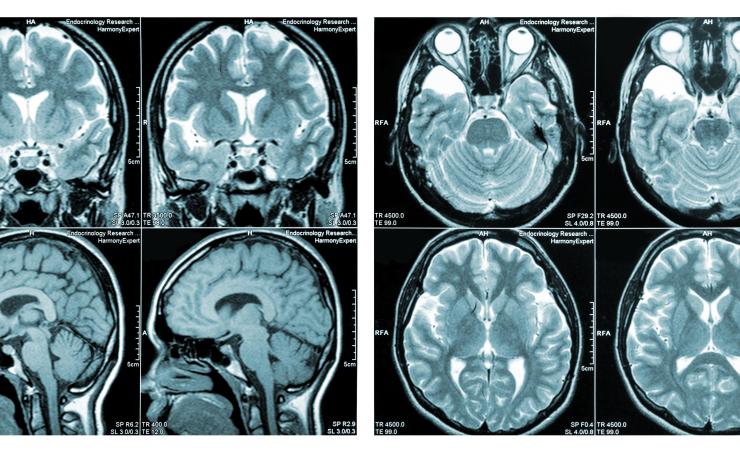Multiple sclerosis (MS) is an autoimmune disease in which the immune system attacks the central nervous system. It currently affects around 2.8 million people worldwide. Symptoms vary from patient to patient but can include fatigue, mobility problems, pain and vision problems, among other things. There is no cure, although there are treatments that can slow the progression of the disease.
Diagnosing MS and selecting the best treatment for each patient is extremely challenging. In part, this is because different patients experience different symptoms, and a treatment that works well for one patient might not work at all in another patient, or may result in severe side-effects. Furthermore, studies suggest that at the time of diagnosis, around a third of MS patients have other physical health problems (such as high blood pressure or lung disease) and just under a fifth have mental health problems (such as depression or anxiety). These additional diseases and their associated treatments can make it even harder to select the right treatment for the patient’s MS.
Using AI to help patients find a treatment that works for them
Working to address these issues is CLAIMS, one of the first Innovative Health Initiative (IHI) projects. The aim of CLAIMS is to develop a diagnostic platform that would offer clinicians a holistic overview of the MS patient. Drawing on diverse information on each MS patient, including the results of different tests as well as information on any other diseases or health problems they may have, the platform would predict how the patient’s MS would likely progress with different treatments. To do this, the platform would apply artificial intelligence (AI) models which would be developed and optimised based on both clinical trial and real-world data.
“The challenge in MS care is to provide individual patients with the right drug at the right time in order to preserve long term neurological function. There is a great promise in implementing digital solutions to further improve MS care,” says Annemie Ribbens, project lead for CLAIMS at icometrix. “With the CLAIMS project, we aim to use recent advances in deep learning-based AI for novel biomarker assessments and decision models to generate an improved understanding of disability worsening in multiple sclerosis, and to translate this to tools that support optimal treatment decisions in daily clinical routine.”
From ‘trial and error’ to a more personalised approach
Ultimately, the project hopes to validate the platform and submit it to medicines regulators for approval. Today, finding the right treatment for each MS patient is based in large part on a trial-and-error approach. CLAIMS hopes to prompt a switch to a personalised medicine approach which would see patients receive a treatment that works for them much sooner. This in turn will slow down the progression of the disease (and associated disabilities) and so significantly boost patients’ quality of life.
CLAIMS coordinator Prof. Dr. Friedemann Paul of ECRC, a joint cooperation of Charité Universitätsmedizin Berlin and the Max Delbrück Center for Molecular Medicine, said: “In light of the serious burden multiple sclerosis imposes on people having to live with this condition, any attempt to improve prediction of disease course on an individual level is a huge leap for patients. CLAIMS will make a relevant contribution to advancing personalised provision of care to people with MS.”
